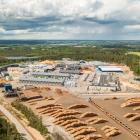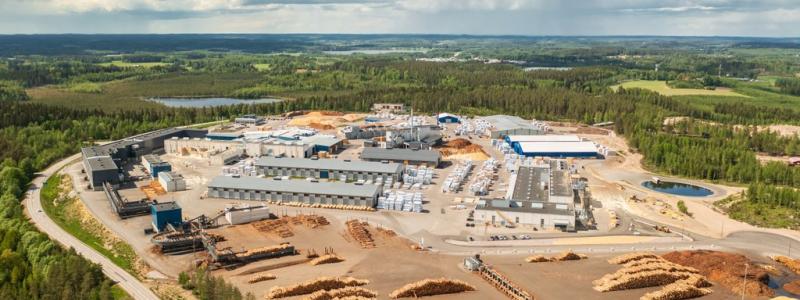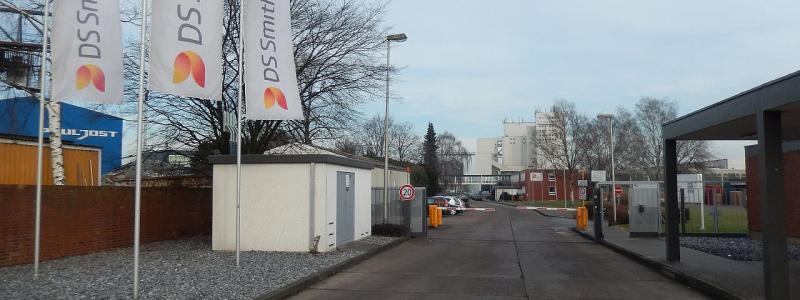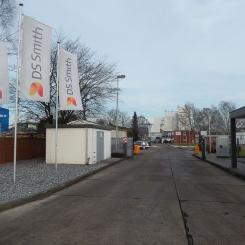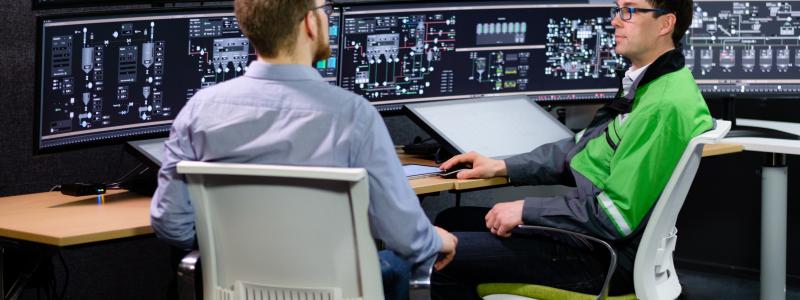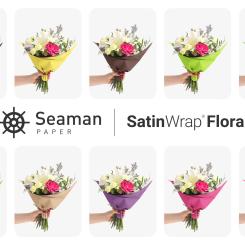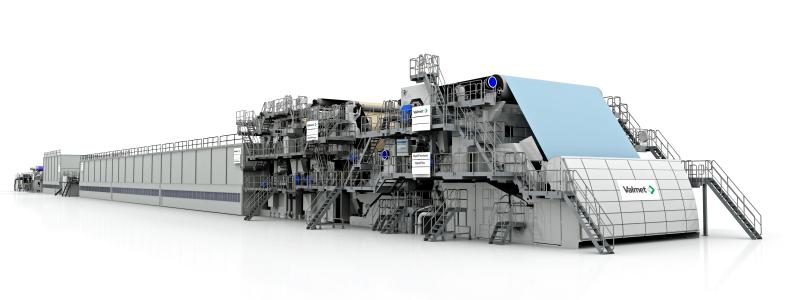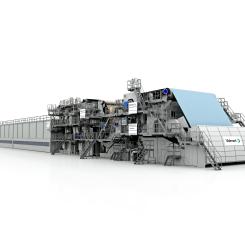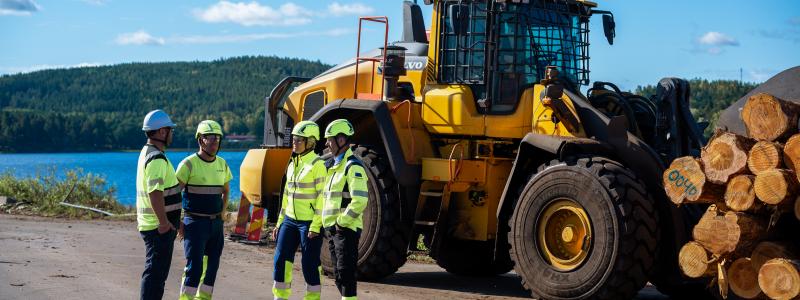UPM takes the next transformative growth step and enters the biochemicals business by investing in a biorefinery at Leuna, Germany. The biorefinery will produce a range of 100% wood-based biochemicals which enable a switch from fossil raw materials to sustainable alternatives in various consumer-driven end-uses. The investment opens totally new markets for UPM with large growth potential for the future.
UPM will invest EUR 550 million in an industrial scale biorefinery to convert solid wood into next generation biochemicals: bio-monoethylene glycol (BioMEG) and lignin-based renewable functional fillers. In addition, the biorefinery will produce bio-monopropylene glycol (BioMPG) and industrial sugars. The total annual capacity of the biorefinery will be 220,000 tonnes. The facility is scheduled to start up by the end of 2022.
The product range offers unique customer value and is expected to achieve a good cost position, comparable to the fossil-based alternatives. Once the facility is fully ramped up and optimized, it is expected to achieve the ROCE target of 14%.
“Molecular bioproducts form one of UPM’s three strategic focus areas for growth and are at the core of innovating for a future beyond fossils. We have successfully entered the biofuels business and built a profitable business platform. Now we are creating a totally new sustainable business in biochemicals with large growth potential. This is another major milestone in UPM’s transformation and a great showcase of focused and efficient R&D," says Jussi Pesonen, President and CEO of UPM.
“We help our customers to make their businesses more sustainable. Currently the supply of biochemicals is very limited. Due to this, high-quality sustainable alternatives are priced at a premium in the markets.”
A combination of sustainable wood supply, unique technology concept, integration into existing infrastructure at Leuna as well as the proximity to customers will ensure competitiveness of operations. The safety and sustainability of the value chain will be based on UPM’s high standards.
Application areas for bio-monoethylene glycol include textiles, PET bottles, packaging, and deicing fluids. Bio-monopropylene glycol is used for example in composites, pharma, cosmetics, and detergents. The global glycols market represents more than 30 million tonnes in size and is expected to grow annually approximately by 4%. Currently the market supply is practically all based on fossil raw materials: oil, natural gas and coal.
Lignin-based renewable functional fillers are used in different rubber applications as a sustainable alternative to carbon black and silica. The global market for carbon black and silica combined is more than 15 million tonnes with an expected annual growth of approximately 3%. Besides climate benefits UPM’s new renewable functional fillers will provide additional benefits such as lighter weight and high purity.
“We are truly excited to provide the customers world-class sustainable solutions. Renewable raw material and new technologies enable significant improvement in carbon footprint compared to fossil-based products. We can also take pride in creating an entirely European value chain, thus being a sustainable local producer,” says Juuso Konttinen, Vice President, UPM Biochemicals.
“Furthermore, our products fit directly into our customers’ existing processes and the recycling infrastructure. These aspects are important for brand owners and their businesses and pave the way for holistic circular economy, " says Konttinen.


